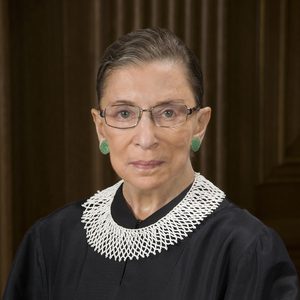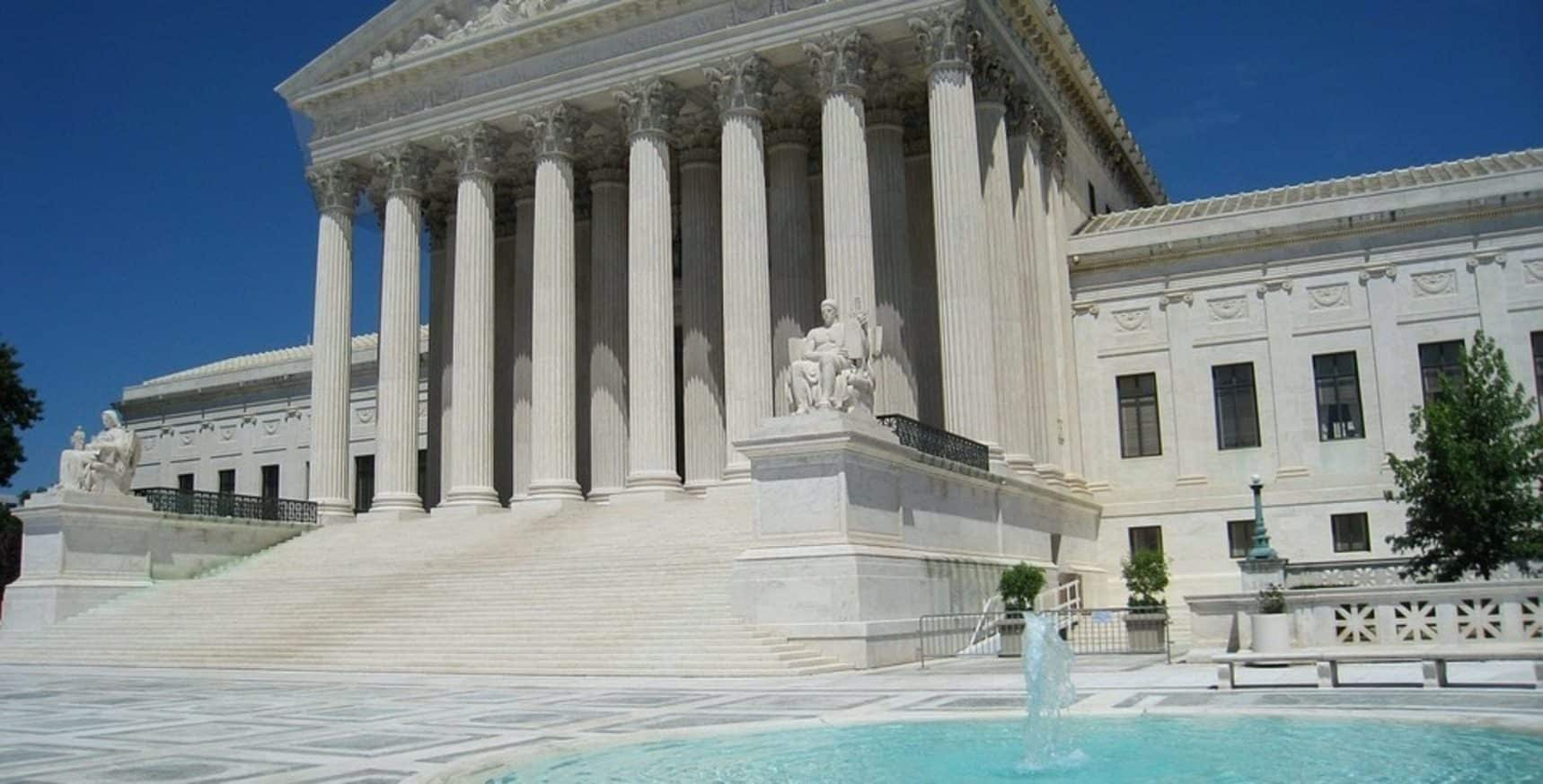
Ruth Bader Ginsburg
When liberal legal icon and Supreme Court Justice Ruth Bader Ginsburg passed away in her home from complications stemming from metastatic pancreatic cancer on Sept. 18, mourners around the country took to the streets to celebrate the champion for women’s rights. The somber tone was short lived as the political reality of the situation created by her passing, a vacant seat on the highest court in the country, quickly overtook the news cycles.
Within an hour of the announcement of her passing, Senate Majority Leader Mitch McConnell (R-KY) announced that the Senate would vote on Trump’s pick of Supreme Court Nominee to fill RBG’s seat on the court prior to the Nov. 3 election. This announcement electrified political figures on both sides of the aisle, providing an opportunity to amplify messages and potentially sway elections as debate sparked as to whether or not the senate should vote to fill Ginsburg’s seat prior to the election, or wait to fill the seat until the winner has been determined. To that end, nominee Amy Coney Barrett is meeting with Republican senators on Tuesday.
While all eyes are on the presidential election, there are also 35 Senate seats up for grabs. Currently, Republicans hold a slim majority with 53 of the 100 Senate seats, but of the Senators up for reelection, 23 seats are currently held by Republicans and only 12 are held by Democrats. This imbalance puts republican senators on the defensive and creates a greater risk for the Senate to be flipped in the 2020 election season. In particular, several key senate races have jumped on the Supreme Court vacancy as an opportunity to help secure their seats.
Senator Susan Collins (R-ME):
Senator Susan Collins is locked in an intense race with Democratic challenger Sara Gideon, current speaker of Maine’s House of Representatives. Collins, running in a state won by Hillary Clinton in 2016, has taken this opportunity to distance herself from the Trump administration by stating, “I do not believe that the Senate should vote on the nominee prior to the election … the decision of a lifetime appointment to the Supreme Court should be made by the president who is elected on Nov. 3,” hoping to show moderate voters her independent thinking and potentially sway the election in her favor.
Senator Thom Tillis (R-NC):
Senator Thom Tillis faces a tight race against his democratic opponent, former state senator Cal Cunningham. In 2016, North Carolina narrowly swung red and voted for Trump, but in the interim has been trending blue. As a member of the Committee on the Judiciary Tillis will play a role in any confirmation hearings that will take place for any potential nominees. Tillis has chosen to stand by the Trump administration, announcing he will vote in favor of a Trump nominee filling the vacant Supreme Court seat, aiming to secure the support of the Republican base and with that his reelection.
Senator Kelly Loeffler (R-GA):
Senator Kelly Loeffler faces an interesting situation come election night. The Senator was appointed to her position in December following Senator Johnny Isakson’s resignation in August 2019 and has spent much of her 10 months in the Senate proving she deserves her seat. Running against 20 other candidates, Loeffler holds a slight lead, one she aimed to strengthen by being the first to publicly support Trump’s nomination of a Supreme Court Justice in a tweet that read, “Our country’s future is at stake & @realDonaldTrump has every right to pick a new justice before the election.” By throwing her support behind Trump, who won Georgia by 5 points in 2016, she hopes to secure her base and secure a win.
Senator Martha McSally (R-AZ):
The upcoming special election presents a unique circumstance as the winner of this race could be sworn in as early as November 30th, potentially allowing the winner to vote on the confirmation of a Supreme Court Nominee. Senator McSally was appointed to fill her seat in 2018 after the passing of Senator John McCain left the seat vacant. McSally ran for Arizona’s other seat earlier that year and lost to Democrat Kyrsten Sinema. McSally, who trails her Democratic challenger Mark Kelly in multiple polls, has been outspoken in her support of holding a vote to confirm Trump’s nominee, a move that will entice Republican voters, but could alienate moderate voters in this democratic leaning state.
Several other Senators have spoken out regarding whether or not the Senate should hold a vote on a Supreme Court Justice Nominee prior to the election, some of whom face less precarious elections, and some of whom are not up for reelection this cycle. Namely Senator Lindsey Graham, chairman of the Judiciary Committee who tweeted, “I will support President @realDonaldTrump in any effort to move forward regarding the recent vacancy created by the passing of Justice Ginsburg,” a reversal of a statement made in 2018 wherein he stated, “If an opening comes in the last year of President Trump’s term and the primary process has started, we’ll wait till the next election.”
In general, opinions regarding the vote have fallen along party lines outside of Collins and Senator Lisa Murkowski (R-AK) who both have made statements that the 2016 precedent of withholding from a vote to fill a Supreme Court Vacancy in an election year must be upheld.
With less than 40 days until the election, the pressure is on to either push the nominee through quickly, or stall the vote until results are in. The proceedings over the next few weeks will undoubtedly play a major part in the upcoming presidential elections, but for several Senate races, this nomination could be what tips the scale.






